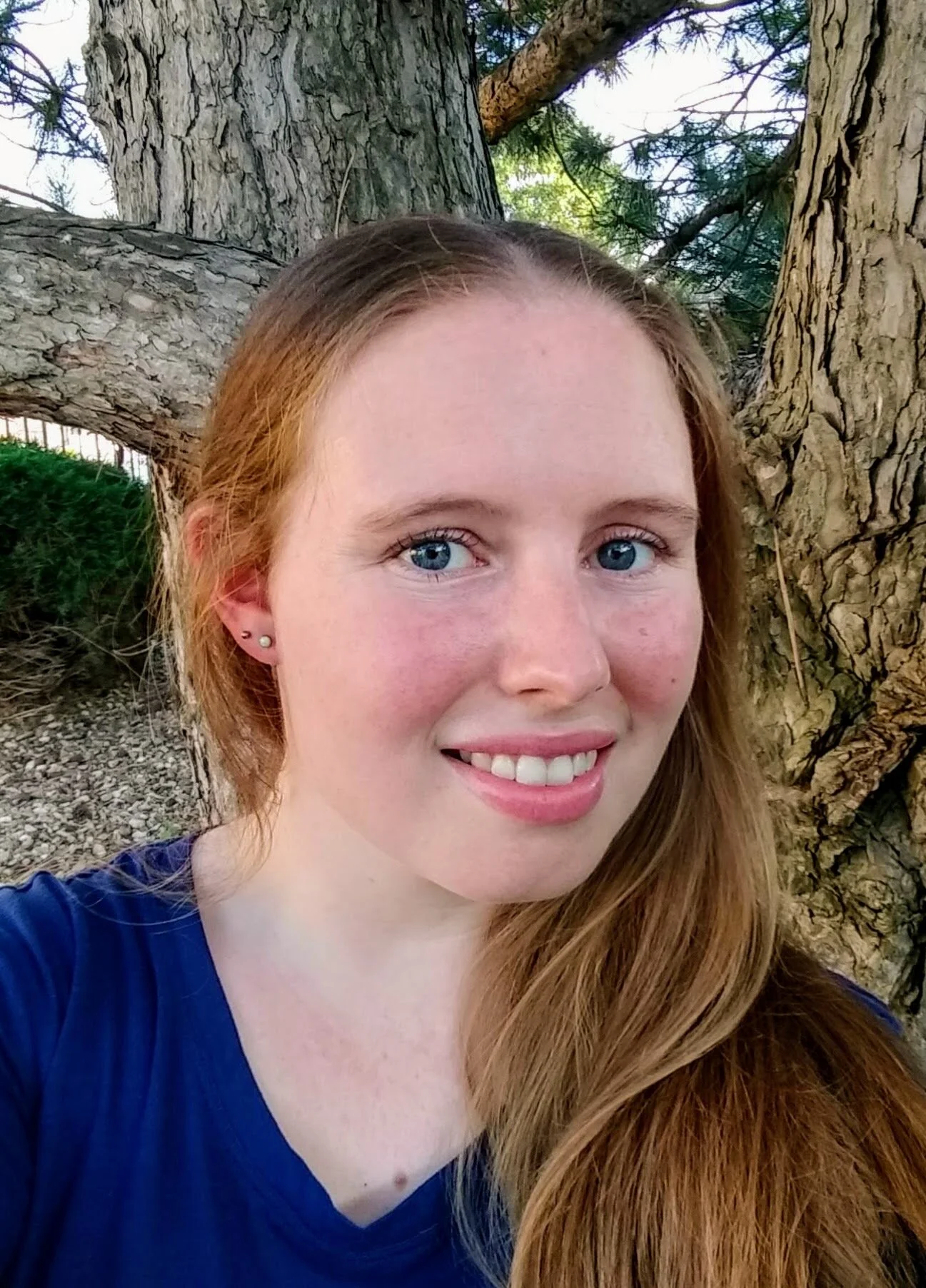Tell me a little about yourself.
I grew up in Southern California. Neither of my parents attended college, so the contrast of that with my brother and I working towards graduate degrees strikes me as pretty remarkable. Broadly speaking, I’ve had a middle class upbringing. I went to Cal Poly for undergraduate, which is an intense science and engineering school. I am now in my 6th year as a graduate student at UC Riverside and plan to graduate this coming academic year.
Photography and sketching are some of my hobbies. I'm just getting started with photography in particular and still learning to be patient in waiting for the right moment to get the shot you really want. I’m also learning about the relationship between the photographer and subject. At some point in my life I’d also like to become bilingual. I’ve been trying to teach myself French. I can read and write but I cannot speak it all.
How did you get interested in astronomy?
I think about this a lot. Growing up, astronomy was something that my family was really into, so we talked about it all the time. At any public talk or if a scientist visited my school, I would be that kid asking ridiculous questions about black holes or time travel. In high school, I was able to take an astronomy class at a local city college. At that point, I knew I wanted to be a physicist but I didn’t know exactly what field would be the best fit for me. Having had the opportunity to experiment with undergraduate research in three areas (condensed matter, low energy experimentation, and astronomy) was really transformative for me. I also got to visit the 3 meter at Lick Observatory in Northern California, and later go observing with Keck. That was amazing. Being up in the mountains at the dome and observing every night showed me that astronomy was for me.
What is your favorite part about DAWN?
Definitely the people. It has been really clear to me that there is a good, collaborative environment that has been very welcoming. It also feels like there is support at DAWN for doing more ambitious projects and that is really important.
What motivated you to apply to an international REU?
I mentioned earlier growing up with parents who didn’t get to attend college, money was always tight and there were not many opportunities to travel. This kind of thing was simply not a possibility. That is a big part of my motivation, as I like to take every opportunity that I can to travel, see the world, and to meet new people.
How has the pandemic impacted your life?
All of my plans went out the window when the pandemic happened. Everything from adding another year to grad school, to delaying projects, and changing the direction of ongoing projects. It has also changed my priorities. My desire to have an impact in my local communities has really grown over this past year. I had already been getting involved in community building, mentorship and teaching, and through the pandemic I changed my focus to more in this direction. It is important to think about how we can address inequities in our society and face these big questions that we’ve been grappling with for the last year head on. Going forward, I think it is important to have a direct role in our communities, doing the hard work of assisting those who are less fortunate. I see a visceral jux-to-position on a daily basis, with us students not doing financially well but prospering in graduate school, but living next to the unhoused on the railroad tracks struggling to get by.
If you could have any superpower what would it be?
My superpower would be the ability to read any book just by glancing at it. I could learn about how people think and how they view the world through their writing. Obviously this helps with being a good scientist, but it's more about moving towards a better understanding of other people.
Tell me about your PhD project.
For my PhD, I am working on combined measurements of astrophysics and cosmology on large scales. We produce maps of the total integrated emission of galaxies over the history of the universe, which we can then use to try to understand how they have evolved and, at the same time, where the universe came from and where it is going.
Where is the first place you want to visit when we finally get you to Copenhagen?
I am actually here now for the last two weeks of the program! The first place I went was to the old Niels Bohr Institute, which is right around the corner from the new building. Just afterwards, I got caught in the rain in Fallenparken. I accidentally enjoyed a bunch of people watching in the rain; some were prepared with an umbrella and some were not. It was touching to see a number of dads pushing strollers who took cover under the trees to protect their little ones.
Follow Bryan on Twitter @BayesianAstro, or check out his professional webpage: https://bscot.github.io/



